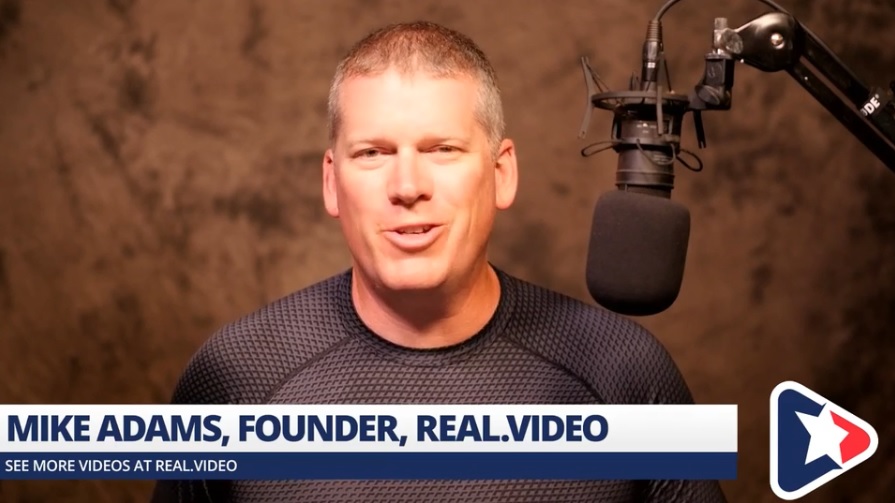Brighteon.com founder: The answer to free speech is the “decentralization of everything”
08/14/2018 / By Isabelle Z.

Free speech is a concept as old as time that has suddenly been getting a lot of renewed attention as tech giants try to take this right away from people – who are, coincidentally, often those who don’t share their beliefs. There has always been a fine line to walk when it comes to the right to free speech; even the first amendment acknowledges that exceptions must be made to protect people. However, as definitions are bent to meet various companies’ agendas, a lot of people are scratching their heads wondering if free speech is essentially dead.
According to the founder of the pro-liberty video platform Brighteon.com, Mike Adams, the answer to free speech is the “decentralization of everything.” The very reason that Brighteon.com was set up was to deliver free speech, especially to people like Adams and Alex Jones who have been banned from other sites in politically-motivated moves.
However, Adams recently said that what he really wants is a decentralized, peer-to-peer system that isn’t subject to any laws to avoid having to restrict certain videos from certain countries. It’s something Brighteon.com knows a lot about as it deals with international legal compliance. The platform doesn’t want to violate any laws, so they’ve had to geo-restrict certain videos. While the site wants, for example, for people to be able to discuss their opinions on the Holocaust whether management agrees with their views or not, denying the holocaust is illegal in Germany and such videos cannot be shown there.
Before the geo-restriction mechanism was put in place, they had to delist all the videos about the topics that are illegal in certain geographic locations while they worked on a better solution. This meant they wouldn’t appear in searches but were still viewable directly. Naturally, users wondered why videos were de-listed in the U.S., for example, for topics that might be illegal elsewhere but are fair game in America.
Adams said he understands people’s sensitivity to being censored better than most. It’s never appropriate for anyone to be allowed to decide what you can see or can’t see, he said, and the site has found a better way to handle this and has now re-listed the videos in question.
New policies preserve free speech rights
Their new policy won’t ban videos in America unless they are illegal – with the exception of porn because Brighteon.com is not a porn site. People can freely question history and reality, and they can do so in vulgar and offensive ways if they wish as long as they aren’t breaking any laws, such as by making death threats. Restrictions might apply in places like Saudi Arabia or Germany, but no one has to deal with flimsy definitions of “hate speech.”
Geo-restricting is a very complex area, and it’s something that wouldn’t be an issue with decentralization. For example, a system based on something like web torrent could work quite well, but a huge user base is needed to pull that off successfully and ensure smooth playback and bandwidth sharing. Nevertheless, parallel platforms are now being explored for the site.
In fact, Adams has said that he believes in decentralization and would like to see everything decentralized, including currencies. He’d even like to see Brighteon.com become obsolete because there shouldn’t be any central location that can block people’s speech – not even the site’s staff. He’d prefer that we live in a world where Brighteon.com as a central server-hosted platform is replaced by a peer-to-peer cloud bandwidth system. Brighteon.com might be a fairer option than censor-happy YouTube, but the real answer to letting everyone enjoy free speech is decentralization.
Sources for this article include:
Tagged Under: computing, decentralization, First Amendment, free speech, freedom, georestrictions, Liberty, Real Video
RECENT NEWS & ARTICLES
COPYRIGHT © 2017 COMPUTING NEWS




















